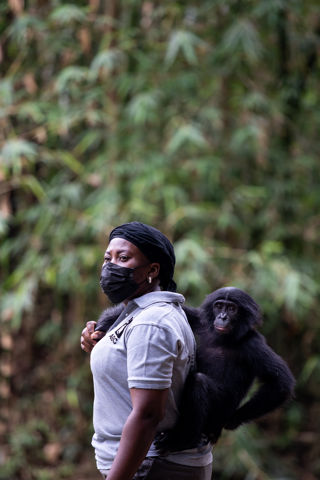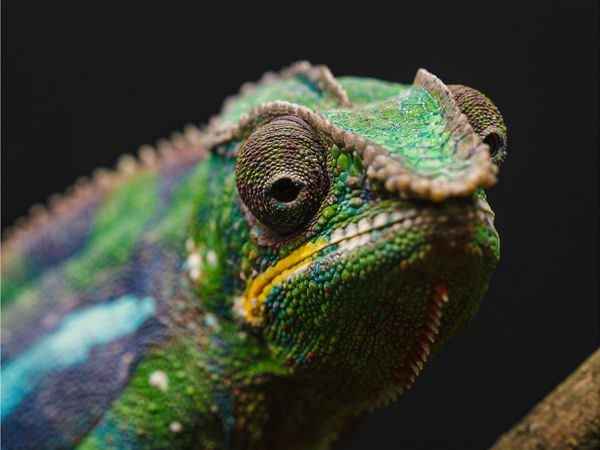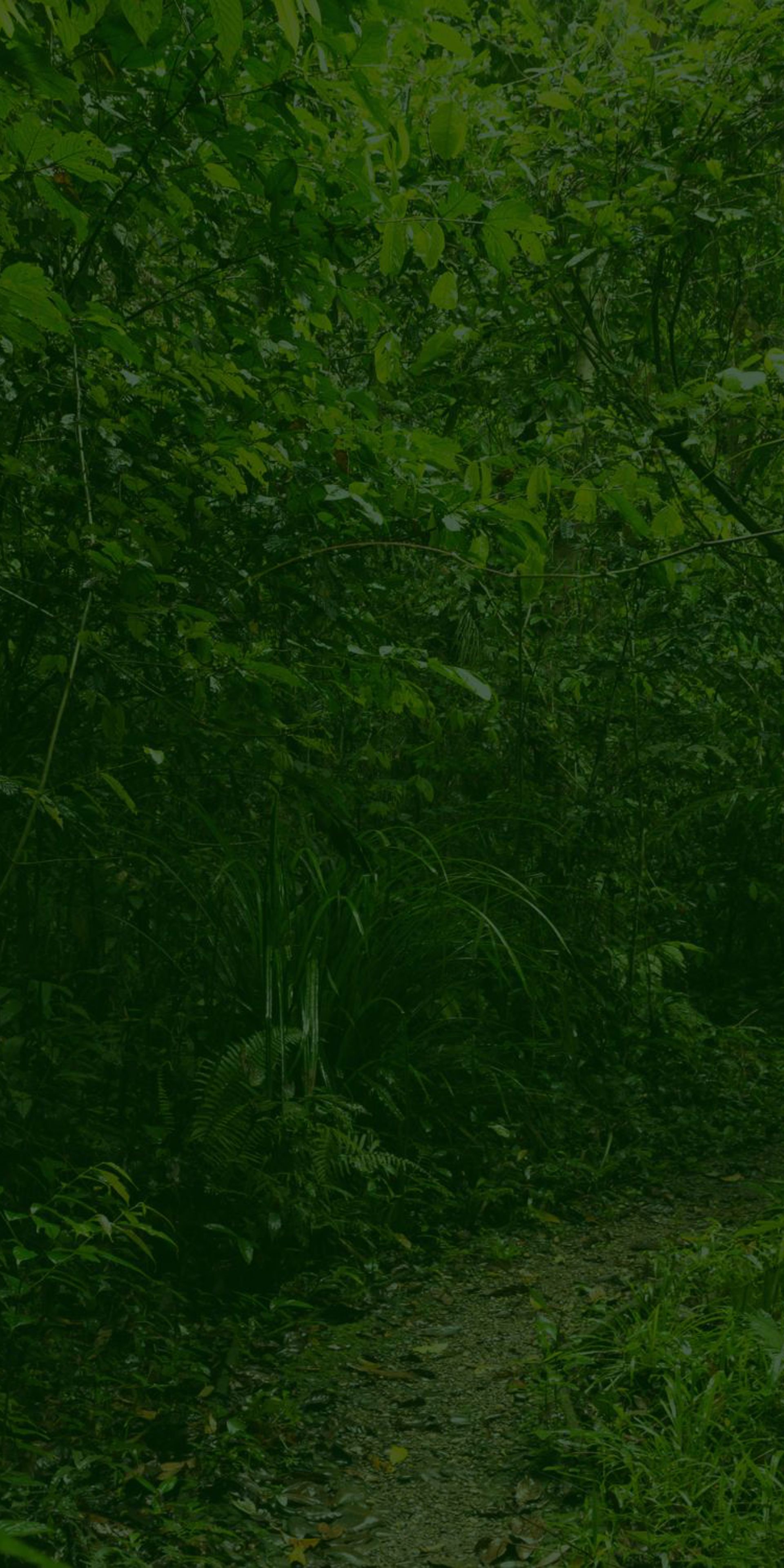Twycross Zoo launches NEW conservation strategy to maximise its global impact in the fight against extinction
25th Sept 2023
Amid the planets sixth mass extinction crisis, Twycross Zoo has unveiled its ambitious new Conservation Strategy that will guide the focus and ongoing mission of the charity-run zoo, through to 2030. Committing to a range of targets the strategy reflects the organisations duty to inspire and implement change through conservation action.
The actions of humanity are catching up on the planet and leaving a devastating impact on its biodiversity, across the world the global climate is changing due to human activity, leaving one million animal and plant species on the brink of extinction. In response to the planet’s cry for help, Twycross Zoo’s new Conservation Strategy is a call to action for itself and other modern zoos to critically evaluate their activities, assess their impact, and collaborate.
The Midlands-based zoo, which already plays an active role in international conservation projects, states that the need for collaboration is greater than ever to maximise the impact zoos can have on the global biodiversity crisis.

Twycross Zoo now hopes to take its conservation impact to the next level through six core goals, as outlined in its new Conservation Strategy:
- Support the maintenance of healthy ex-situ populations of managed species, with a focus on threatened primates and species with a conservation breeding role.
- Build conservation resource and capacity at Twycross Zoo and in animal range countries to support the preservation of wild populations and their habitats
- Deliver conservation education to promote positive behaviour change for wildlife conservation
- Enhance the value of zoos for society and wildlife conservation by action, and through influencing relevant regional and national policy
- Conserve UK native wildlife and habitats on our site and beyond and support key UK environmental initiatives
- Become a sustainable organisation and minimise our contribution to global climate change
Within each of these overarching goals, the zoo sets itself a series of targets to meet by 2030, including increasing the number of EAZA Ex-situ Programme (EEP) species housed to 75%; actively protecting and managing 30% of the zoo’s land for wildlife; recycling over 50% of waste generated on its 100-acre site and training 5,000 native species community champions as part of a green volunteering scheme.
Spearheading the new strategy is Dr Rebecca Biddle, Twycross Zoo’s Director of Conservation. She comments:
“Right now, one million animal and plant species are on the brink of extinction. More than ever, there’s an urgent need to tackle some of the biggest challenges facing our planet, through collaboration, evidence-based decision making, and conservation action.
It is our mission to increase Twycross Zoo’s global conservation impact, through maintaining healthy populations of endangered species, but also by increasing capacity and funding to support the protection of wild animals and their habitats. Zoos also play a vital role in conservation communication and education, and we’re proud to continue efforts to influence policy, increase awareness and inspire positive action for wildlife.
As a science-led organisation, we place education and research at the heart of our work, and the development of our National Science and Conservation Centre (NSCC) will create a world-leading hub of scientific study to advance teaching, research and community collaboration towards conservation solutions.”
Dr Rebecca Biddle is a passionate conservationist with over 15-years of experience within the zoo conservation sector. Alongside her role as a director at Twycross Zoo, Dr Biddle is the EEP coordinator for the Critically Endangered Ecuadorian Amazon parrot, and the population advisor for the Critically Endangered Eastern black rhino EEP; both species that Twycross Zoo holds in contribution to their ex-situ population management. Demonstrating collaboration and distributing her knowledge of ex-situ species management across the industry, Rebecca is also Chair of the EAZA Population Management Advisory Group.

Twycross Zoo has also announced several Conservation Partners as part of its ‘In-situ Conservation Fund’, which supports and promotes the work of conservation projects around the world, through financial assistance, skills and expertise sharing, and capacity building.
Since its establishment in 2006, the fund has supported over 65 projects globally, and in the last 10 years has contributed more than £450,000 towards the work of global conservation organisations.
Twycross Zoo’s current Conservation Partners are: Borneo Nature Foundation (BNF); Friends of Bonobos; Amazona Lilacina Foundation; Ape Action Africa (AAA); Fauna & Flora; Butterfly Conservation; Wildtracks; and Wildlife Vets International (WVI).
Echoing Dr Biddle’s enthusiasm for the cause Craig Dunkerley, CEO of Twycross Zoo, said:
“The challenges facing our planet require coordinated global action and we can all help to make a difference. At Twycross Zoo, we’re committed to inspiring and educating more people than ever before about the importance of conservation and urgent need to protect the natural world, so we’re incredibly proud to launch our new strategy, which reflects our unwavering focus on conservation action.”
NOTES:
Twycross Zoo adopts the conservation definition set out by the IUCN as “the protection, care, management and maintenance of ecosystems, habitats, wildlife species and populations, within or outside of their natural environments, in order to safeguard the natural conditions for their long-term permanence.”
Twycross Zoo’s Conservation Strategy is in alignment with the BIAZA conservation policy and the EAZA conservation standards while also considering its contribution to the targets of the post-2020 Global Biodiversity Framework (GBF) and the UN Sustainable Development Goals (SDG).

